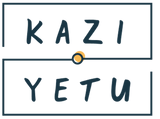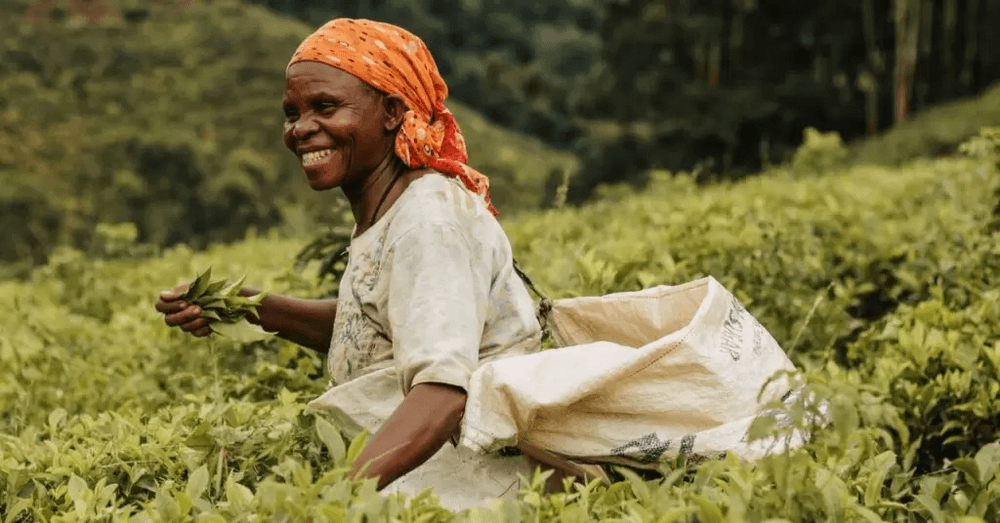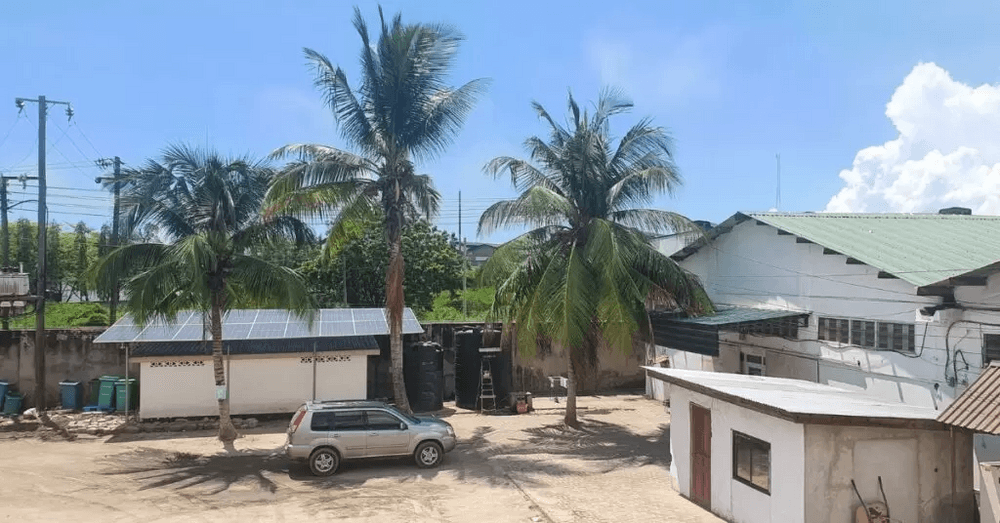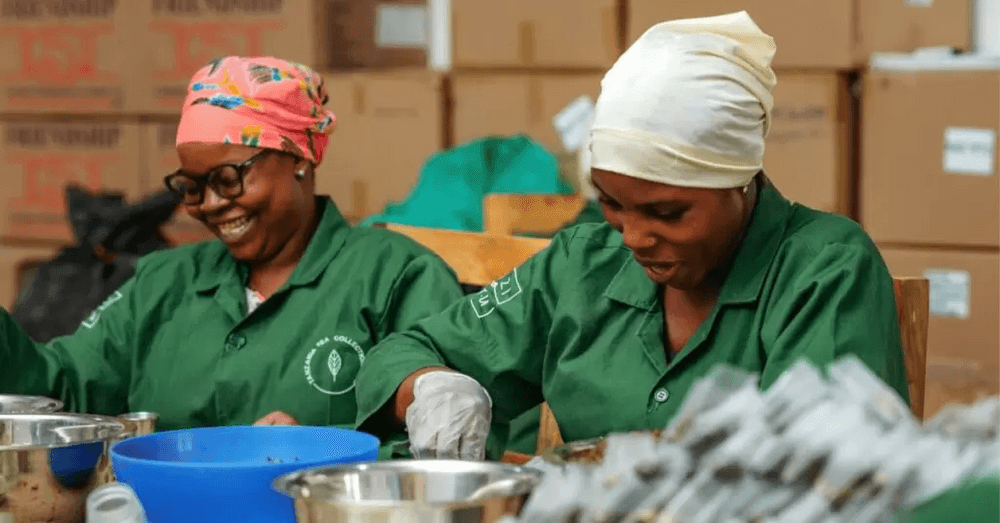How we select our suppliers in order to ensure our social and environmental impact
It’s official – Kazi Yetu is not just a brand that offers amazing tea. We’ve evolved into a holistic agri-business, getting much more involved in our supply chain that we initially planned! Farmers need our support in terms of seeds, training, processing equipment, and quality control. We’ve also loved working together with our farmer suppliers in the field, from planting mint nurseries to training on harvesting techniques and finding efficient ways to increase water access!
This year, we have taken the time to review our supply chains and think through our strategy to set our focus areas for the next few years. You may think now, what is the importance of Kazi Yetu’s supply chains?
- Firstly, as a social enterprise, Kazi Yetu aims to increase our social impact which relies on three primary pillars:
(1) high quality job creation for women at the factory level;
(2) market creation, linkages, and increased earnings at the farmer level; and
(3) changing the way that goods are produced and traded from Africa.
Our supply chain strategy directly influences the second and third pillars. - Secondly, as transparency is one of our key values, we not only want you to know where we source our ingredients from (via our QR codes), but also tell you how we select our suppliers.
- Thirdly and lastly, we love to share our development and learnings as we grow as a social enterprise and take you on the road with us.

Understanding Kazi Yetu´s supply chain
As of March 2023, Kazi Yetu works with 18 suppliers to source 15 unique teas, herbs, and spices for 8 tea blends. The suppliers range from individual smallholder farmers (and small-scale farmer groups), cooperatives, agri-processors, hybrid agri-processors to independent suppliers and aggregators. All of them fulfill Tanzanian working regulations and use only natural inputs for their farming methods.
As you can also imagine, all of them have varying degrees of direct impact on farmer level and bring different advantages and challenges in the collaboration with Kazi Yetu.
Our 6 supplier assessment categories

In order to better understand what kind of farmers and suppliers we want to work with and prioritize our levels of effort, we developed our own index which allows us to rank existing and potential suppliers as high, middle, and low priority suppliers according to six different categories:
- social impact
- traceability
- quality
- reliability
- organic certification and
- level of support required from us.
As social impact and traceability are key aspects for us, those two categories have the biggest impact on the ranking of a supplier.
Goals for the future and reality check
After assessing our existing and potential suppliers and understanding better how and where Kazi Yetu can have the biggest impact through its supply chain we set goals for the future. Our main goal is to source 85% of all ingredients from high priority suppliers and diversify away from low priority suppliers. The only exceptions are high-risk ingredients such as coconut flakes, star anise, and hibiscus where the local supply is very unstable and challenging.
If you have been following us for a while, you probably know that building reliable local supply chains is one of our core working areas as we strongly believe in the impact of local value addition. However, value addition does not only include steps which are done in our tea factory (sorting, blending and packaging) but also include on farm level for instance the right harvest and post-harvest measurements such as correct drying and storing. Thinking of smallholder farmers (groups) and cooperatives, these are areas where there still lies a big potential for improvement. Because if done correctly the quality of the produce increases and therefore the farmers can charge a higher price.
Therefore it is also important to note that in all of our supply chain decisions we take into account the potential of a supplier. Through our special projects, we are investing in the capacity of our suppliers including helping them procure climate-smart technologies to become more resilient and to be able to stabilize and increase their income. Mama Alice (you can see her on the picture on the right side) and her women´s group is one example.
We worked with Mama Alice through Herkulu to trial pan-roasted oolong and customers loved it! Now we are working to support her women’s group to do it independently!

If this glimpse behind the scenes was interesting to you, stay tuned! In the next few weeks we will also publish a blog post about the work of our Supply Chain Coordinator, Joseph!




Leave a comment
This site is protected by hCaptcha and the hCaptcha Privacy Policy and Terms of Service apply.